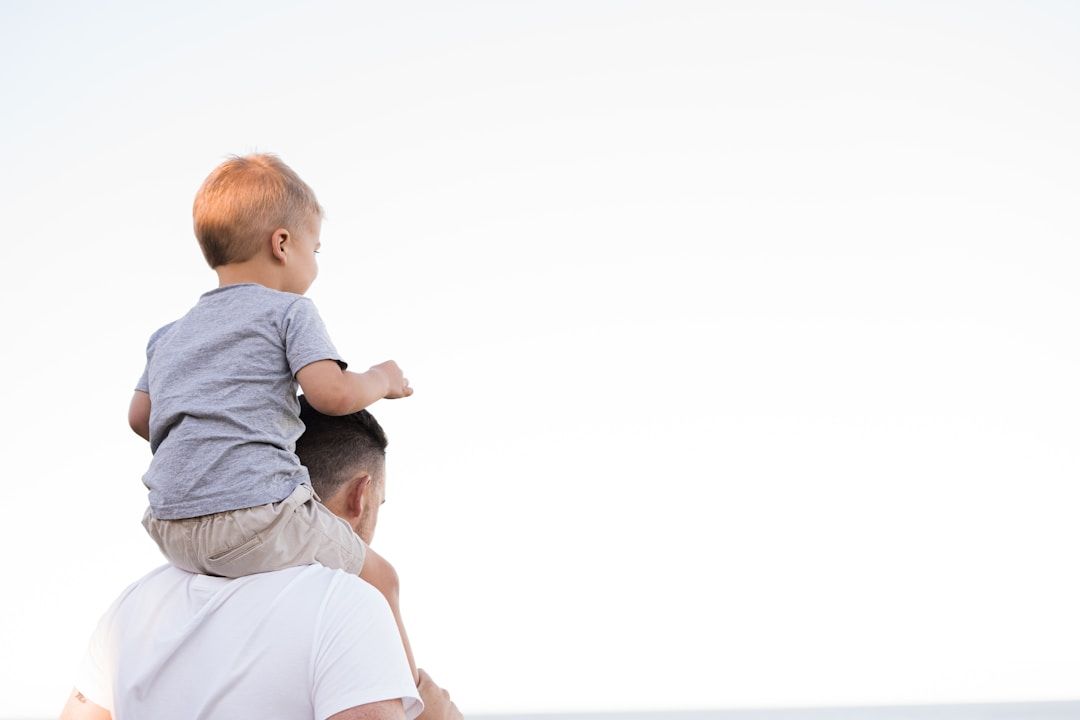Parent Self-Care: The Important Flow On Effect
Written by Dr Alison Bocquee

There is a lot written in social media and print about being a good parent, good enough parent, ‘the best you can be parent’. We hear of the importance of looking after ourselves as parents before or so we can best look after our little people. Anyone who has travelled by aeroplane will have heard the air hostesses instructing parents to put on their own oxygen masks first before attending to their child. It seems counterintuitive, but let’s look at the detail as to why this matters.
Self-care – who takes care of the parent? When the parent is constantly giving to others, do they ever think about how much they are giving of themselves? It’s probably not something that parents ask themselves or even consider often, until they are overwhelmed, feeling exhausted and irritable with their children. Then comes the guilt because they are not being the parent that they ideally want to be.
Let’s put it simply. We cannot give what we haven’t got. So if you, as a parent, are not looking after yourself, not showing yourself the love you show your loved ones, not treat yourself the way you want others to treat you (i.e., with respect), this not only affects you but potentially every member of your family.
Children can be viewed as the barometers of the parent’s functioning. Their behavioural outbursts or emotionality or sensitivity may reflect their parents’ imbalance of ‘all work and looking after the family’ but not themselves. When the parents are balanced (i.e., calm, consistent, non-reactive) there is a much better chance the children will be too. Hence the very important flow on effect of parent self-care.
Self-care includes aspects such as sufficient sleep, regular physical movement, nutrition, rest and relaxation, social connection, and engagement in pleasurable activities. Self-care is giving yourself a break, to recharge, taking time off. Self-care shows you matter. It models to your family the importance of your needs, that each member of the family is important. It reduces stress. Self-care is good for your well-being and that of your family.
Further engagement in each of these aspects of self-care demonstrates and models to your little people important life, coping and self-regulation skills. This is much more powerful than anything you could say or ‘lecture’ your child about. Demonstrating to your child that when you’re frustrated you engage in deep breathing, or when you’re anxious you run a bath, or at the end of the day if you’re tired you go to bed a bit earlier, and so on, are invaluable life lessons.
Self-care doesn’t have to be time intensive. Even engaging in breathing exercises for 2 minutes or watching the clouds, or listening to your preferred music is likely to shift your energy and provide you with a little joy. Getting up a little earlier than your little people to plan or consider your intentions for the day, perhaps whilst you sip a cup of tea, is also important self-care. You’ll likely be more calm, and therefore more intentional in your interactions with your loved ones and less reactive overall.
Our team of highly skilled and professional clinical psychologists are able to compassionately support your journey to being the parent you want to be, that makes your heart sing, a parent who prioritises their own self-care because they acknowledge their own importance and their own needs; and that ultimately flows on to a more contented family. Opening yourself to growth by learning and incorporating skills such as relaxation and mindfulness of thoughts and emotions techniques, means you are prioritising your own wellbeing and that of each member of your family.
Connect with us
Get in touch
info@benchmarkpsychology.com.au
(07) 3493 6600
We acknowledge the Traditional Owners of the land where we work and live, and pay our respects to Elders past and present. We celebrate the stories, culture and traditions of all communities who also work and live on this land.
Copyright © 2025
